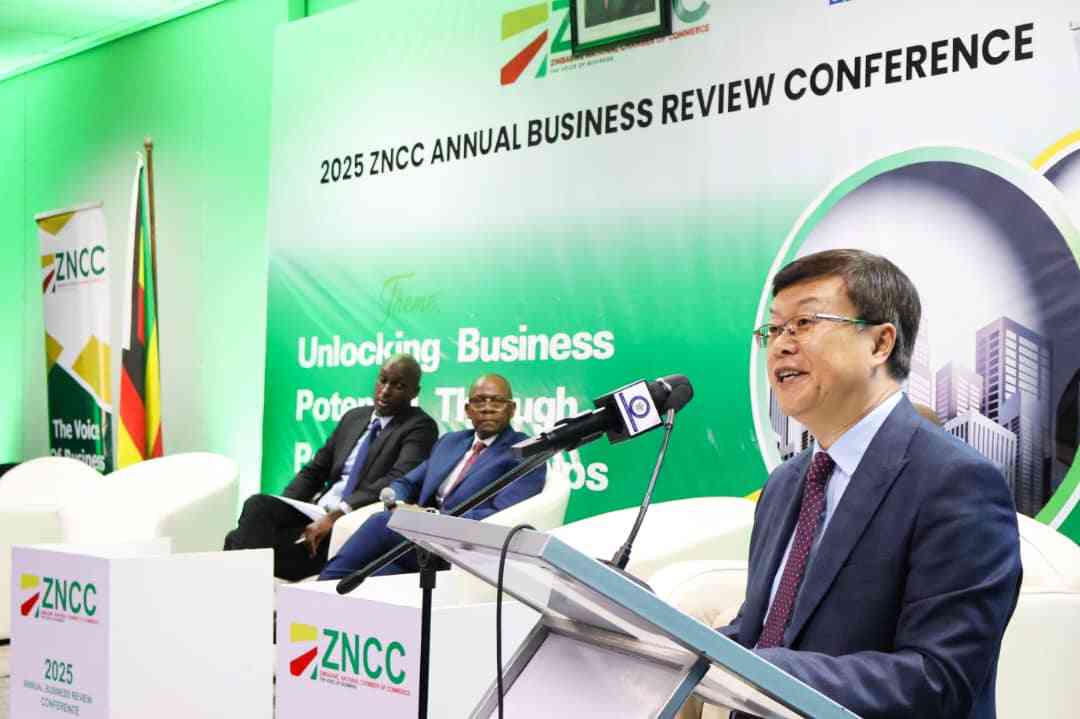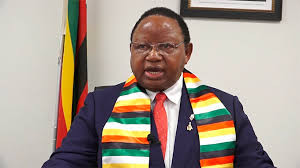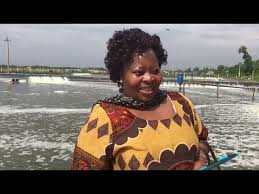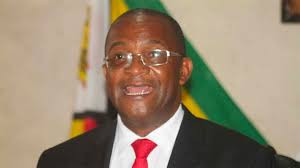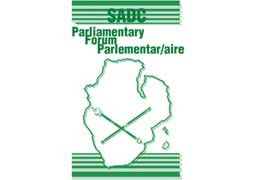
A standing committee of the Sadc Parliamentary Forum (Sadc PF) will today hold a virtual meeting to enhance the role of Parliament in mitigating electoral risks and building greater resilience in electoral processes in the 16-member bloc.
The standing committee on Democratisation, Governance and Human Rights (DHGR) meeting is in preparation for the 55th Plenary Assembly that will take place from July 1 to 7 in Angola. It takes place when the Sadc region is experiencing increasing risks arising from electoral disputes.
Sheuneni Kurasha, DHGR programmes manager at Sadc PF, said given the importance of elections in building democracy, when elections face challenges, democracy also faces difficulties and if there are contests around electoral processes and outcomes, they impact on the democratisation process.
“When that happens, Parliament comes in as a central institution in building greater resilience given its functions. Parliaments are products of elections and most of the identifiable risks would require a legislative framework to address them. This falls on parliaments in terms of their constitutional mandate to make laws,” he said.
Sadc PF secretary-general Boemo Sekgoma says the theme is relevant given that many member states are scheduled to hold elections this year. She contends that it is important for Members of Parliament to collectively come up with solutions to some of the recurrent risks.
Kurasha added that electoral and political violence has been a recurring risk in some parts of the world. This includes cyber violence targeting women candidates and thus discouraging women's participation when there is growing concern over declining numbers of women in political positions or contesting for such.
This requires a holistic response, and parliaments must be seen to be doing their part as the legislature to deal with the exclusion of women, youths, and marginalized groups that require a legislative response in terms of the legal framework to ensure incentives, affirmative action and other interventions to facilitate their participation in elections.
“The role of parliaments is critical because Electoral Commissions implement what is in the legal framework. If the legal framework is not comprehensive enough to address all issues, the Electoral Commission will be hamstrung in responding to those issues. When that happens, Parliament must step up.”
- Women’s caucus seeks inclusive governance
- Sadc PF committee meets over spike in electoral risks
- SADC PF President speaks on terrorism and prevention of violent extremism
- Former SADC PF secretary-general Chiviya dies
Keep Reading
Zimbabwean Member of Parliament, Tendai Nyabani is the chairperson of the DHGR standing committee.
To facilitate in-depth deliberations, the committee has engaged Nicholas Matutu, an independent electoral expert, and Hilda Modisane, the executive secretary of the Electoral Commissions Forum of Sadc countries (ECF-Sadc) secretariat based in Gaborone, Botswana, as resource persons.
In an interview, Matutu said: “2024 has been dubbed the "Global Elections Super Cycle" due to the high number of polls happening around the world this year. The Sadc region is no exception, with seven countries having held or due to hold elections in 2024. The high number of polls is taking place against a backdrop of an increasingly complex web of interrelated threats and risks that could undermine the integrity of elections.”
He added that due to the inherent challenges in organising elections, as well as new and emerging threats, electoral stakeholders around the world are increasingly taking a systematic approach to identify, monitor and treat risks to the electoral process.
“This meeting will enable participants to deepen their knowledge of electoral risks in the Sadc region and begin to identify strategies to protect electoral processes and strengthen resilience in the sub-region,” Matutu said.
On current and emerging electoral risks in Sadc, Matutu contended that most of the challenges were well known, and countries had been managing them for years.
“This includes legal, political, technical, financial, and security risks to the delivery of credible elections. In conflict contexts, problems related to security have led to the disenfranchisement of potential voters in many African countries, including Sadc ones,” he observed.
Matutu, however, stressed that there were “many new risks that have only emerged in the past decade or so”. In this connection, he cited the introduction of electoral technologies, the threats of misinformation and disinformation - particularly on social media and even environmental risks due to climate change.
Matutu maintained that electoral risks can undermine the credibility of the entire electoral process and weaken the legitimacy of any elected officials.
“The worst possible outcome of any risk materializing is that it leads to the outbreak of violence, in which case everybody is negatively impacted. In some places, post-electoral crises have contributed to long-term declines in economic growth and political participation.”
He noted that women and marginalised groups of society are disproportionately affected by electoral risks, especially if election-related violence breaks out.
On the role of parliaments in securing elections, Matutu said: “Protecting elections requires a collaborative, multi-actor approach. Parliaments play a key role in designing the electoral legal architecture and are uniquely situated to address a wide range of electoral risks and threats when undertaking reviews or reforms of the legal framework for elections. Through their oversight functions, parliaments also play an important role in ensuring the proper functioning of state institutions that have a key role to play in the organization of elections.”
Modisane said the meeting was opportune given that “nearly half the world's population will head to the polls this year ( 2024) and when democracy in a number of Sadc countries has been evidently fragile and the electoral and oversight processes and institutions continue to be weak, the outcome of which is increasing lack of public trust in institutions such as election management bodies”.

